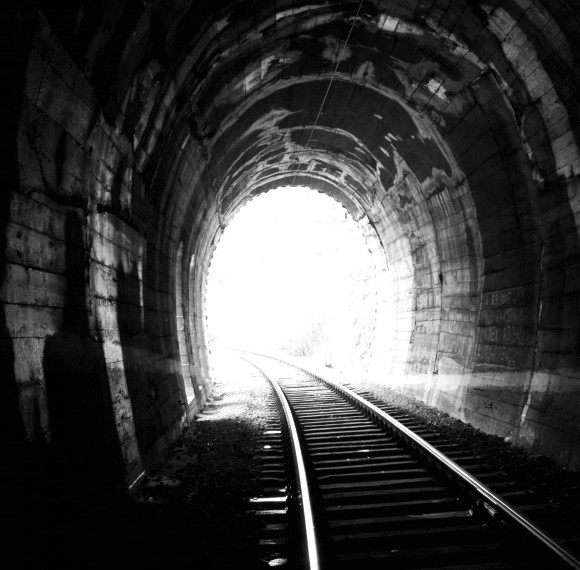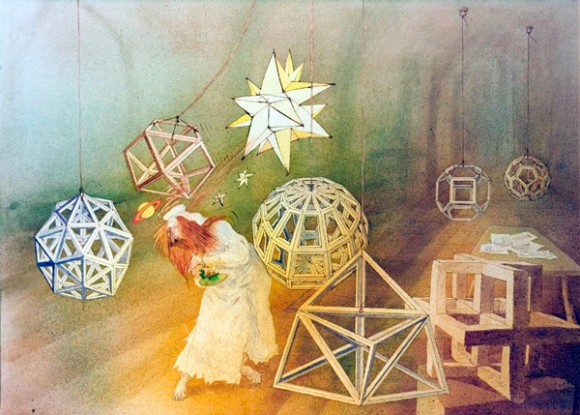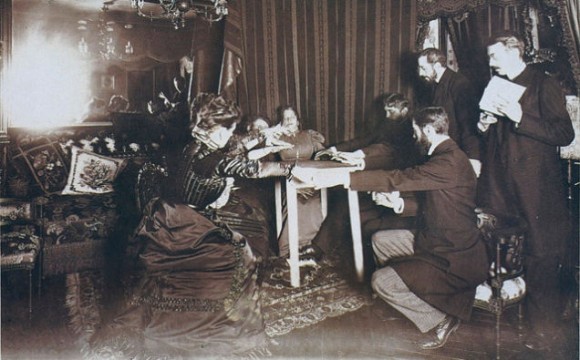New Scientific Study of Near Death Experience…
We have a close friend who experienced an NDE — his account is so sincere and so vivid, there is no doubt in our minds that this phenomenon exists…

First hint of ‘life after death’ in biggest ever scientific study
By Sarah Knapton, Science Correspondent
Southampton University scientists have found evidence that awareness can continue for at least several minutes after clinical death which was previously thought impossible
“Death is a depressingly inevitable consequence of life, but now scientists believe they may have found some light at the end of the tunnel.
The largest ever medical study into near-death and out-of-body experiences has discovered that some awareness may continue even after the brain has shut down completely.
It is a controversial subject which has, until recently, been treated with widespread scepticism.
But scientists at the University of Southampton have spent four years examining more than 2,000 people who suffered cardiac arrests at 15 hospitals in the UK, US and Austria.
And they found that nearly 40 per cent of people who survived described some kind of ‘awareness’ during the time when they were clinically dead before their hearts were restarted…”
Click here for the rest.
Share

